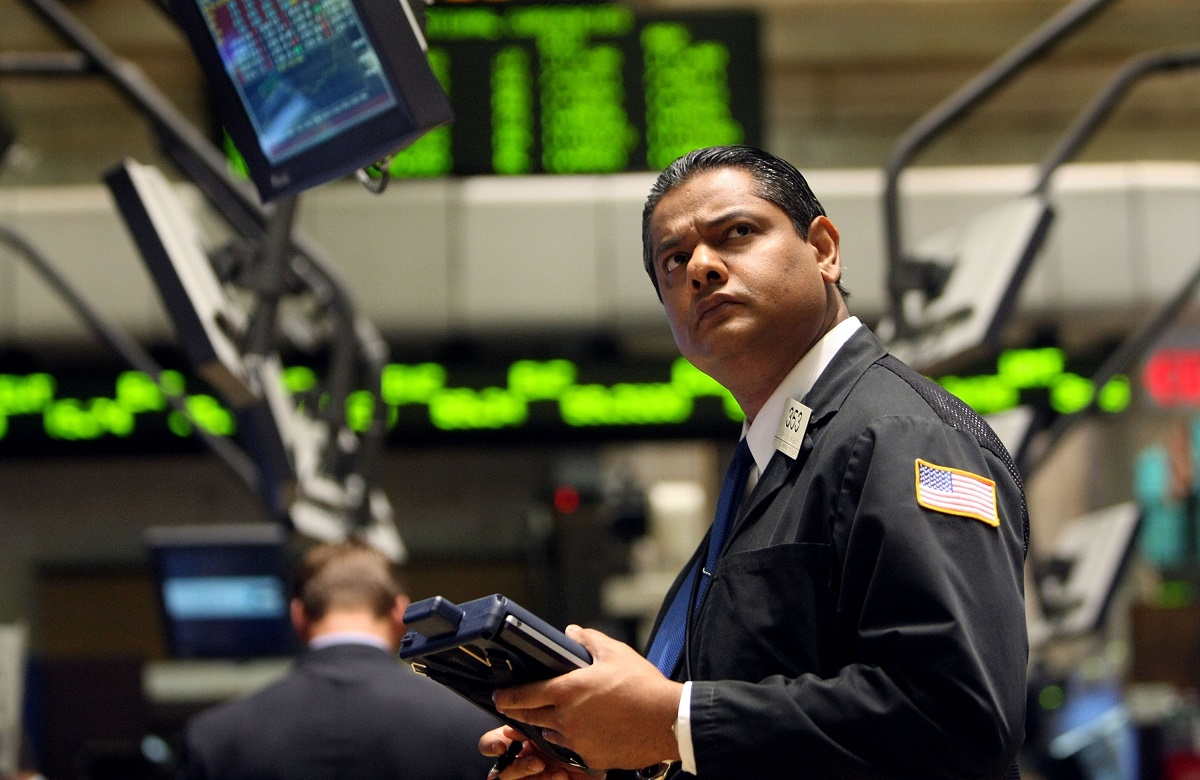It's time to change how we think about investing.
It's not a game. It's not a get-rich-quick scheme. It's not an opportunity to display gravitas or irrationally masculine risk aversion.
Or, at least, it shouldn't be these things.
It's your retirement. Your children's education. Your future. Their future.
These are noble objectives that won't be realized haphazardly.
What we do and don't know about investing
There's a lot about investing we don't know.
In the first place, it deals with the future, which, despite our best efforts, is entirely unpredictable.
On one hand, it's reasonable to expect that the American economy will take flight on yet another multi-decade boom akin to the post-World War II era. At the same time, it's equally reasonable to conclude that things will sputter and plateau on the heels of a slowdown in China and continued malaise here at home.
Beyond this, we don't know how well most individual investors have performed in the past. We know it's bad, but we don't know how bad.
Meanwhile, there's a lot about investing that we do know.
Multiple studies suggest that most investors -- if not the vast majority -- dramatically underperform the S&P 500 (^GSPC +1.16%).
Frequent trading yields commissions that erode profitability. Emotions lead us to buy high and sell low. And a whole slew of systematic behavioral biases compromise our decision-making process.
The question, in turn, is: How does one insulate a portfolio from the pernicious effects of these realities? How does an investor at least match the otherwise stellar long-term performance of the broader market?
These are rhetorical questions, because the answer is right in front of our faces. To see it, however, we have to train ourselves to think differently about investing.
Thinking differently about investing
When many people (young investors in particular) think about their stock portfolios, they think about an assortment of individual stocks with perhaps a smattering of broader mutual or exchange-traded funds to add diversity.
The general rule, in this regard, is ownership of individual stocks. The exception consists of fund holdings.
And herein lies the problem: The emphasis of these two things has been reversed.
The gravamen of any investor's portfolio should be broad market holdings akin to, say, a low-cost exchange-traded fund that tracks the S&P 500.
In addition, these holdings should be allowed to mature over long periods of time. Trading in and out of stocks and the market is for novices and is almost certain to result in a lackluster performance.
By contrast, the exception to this rule is the purchase and ownership of individual stocks. This should be done sparingly and opportunistically. Buying only one stock a year (besides the above-mentioned funds) would not be unheard of or altogether inappropriate.
At the end of the day, this is the path to wealth multiplication. Do you have the discipline to execute such a boring but profitable strategy? If so, you'll be justly rewarded for the effort.






